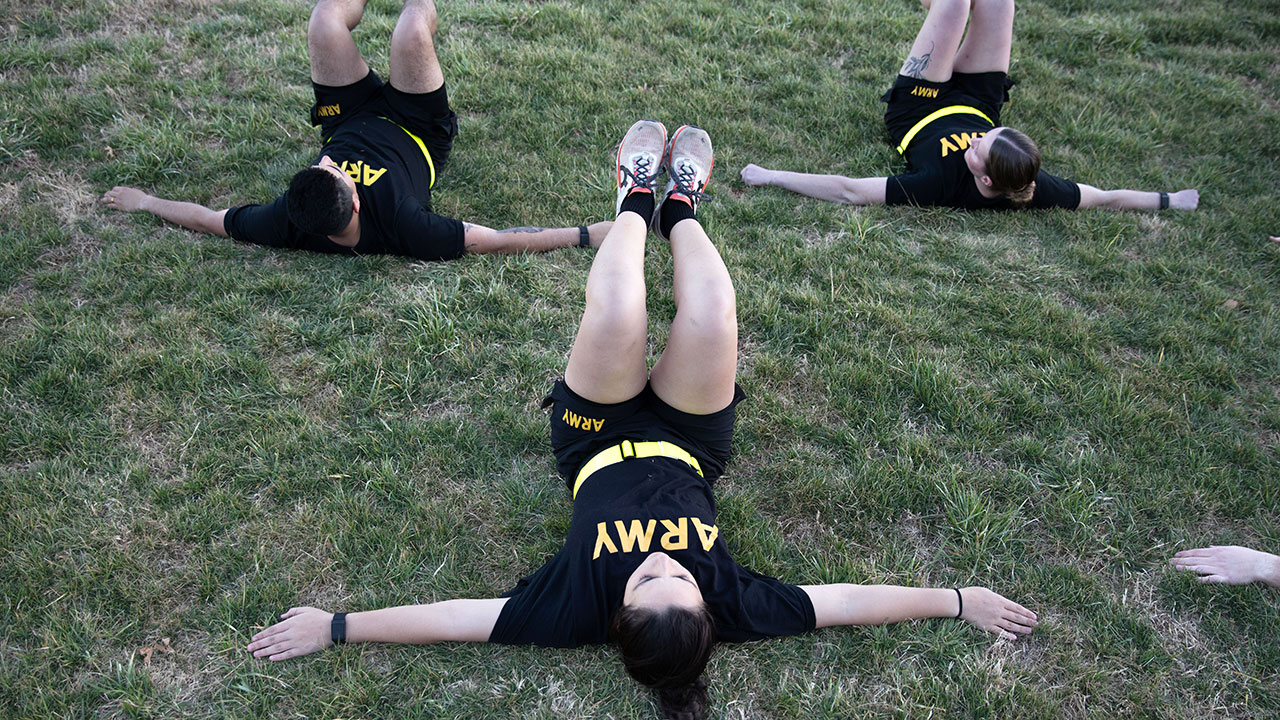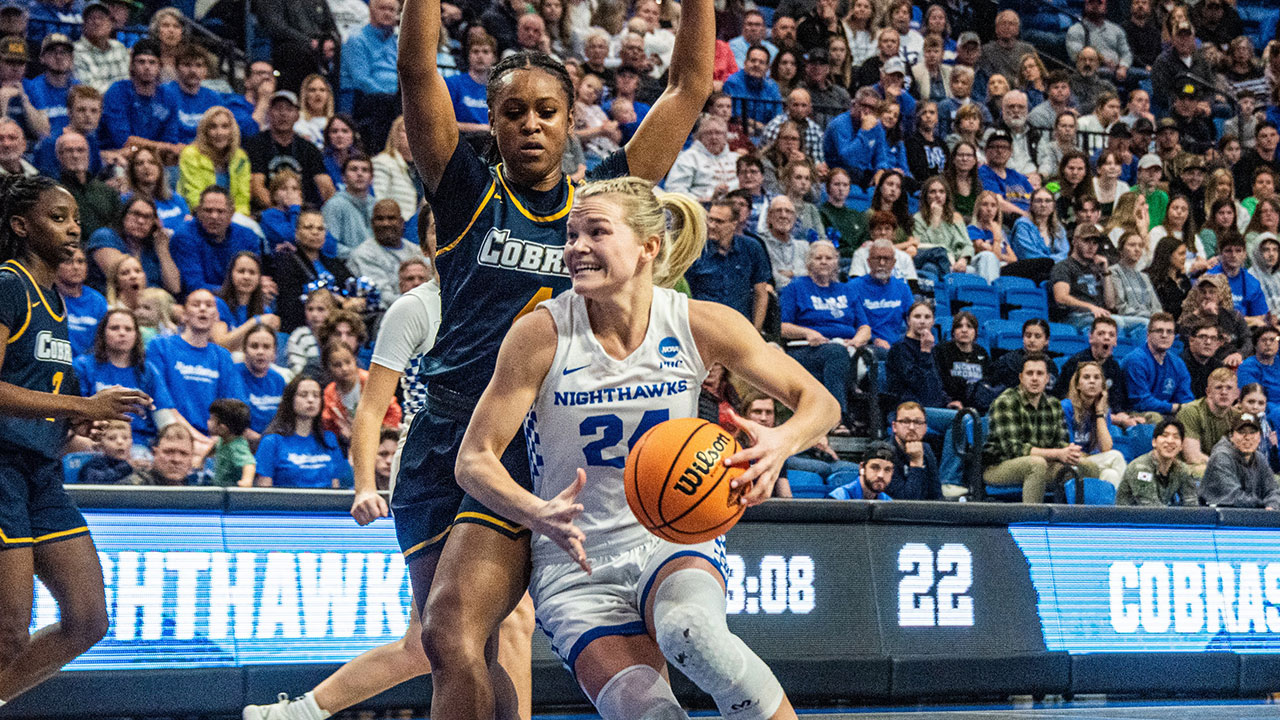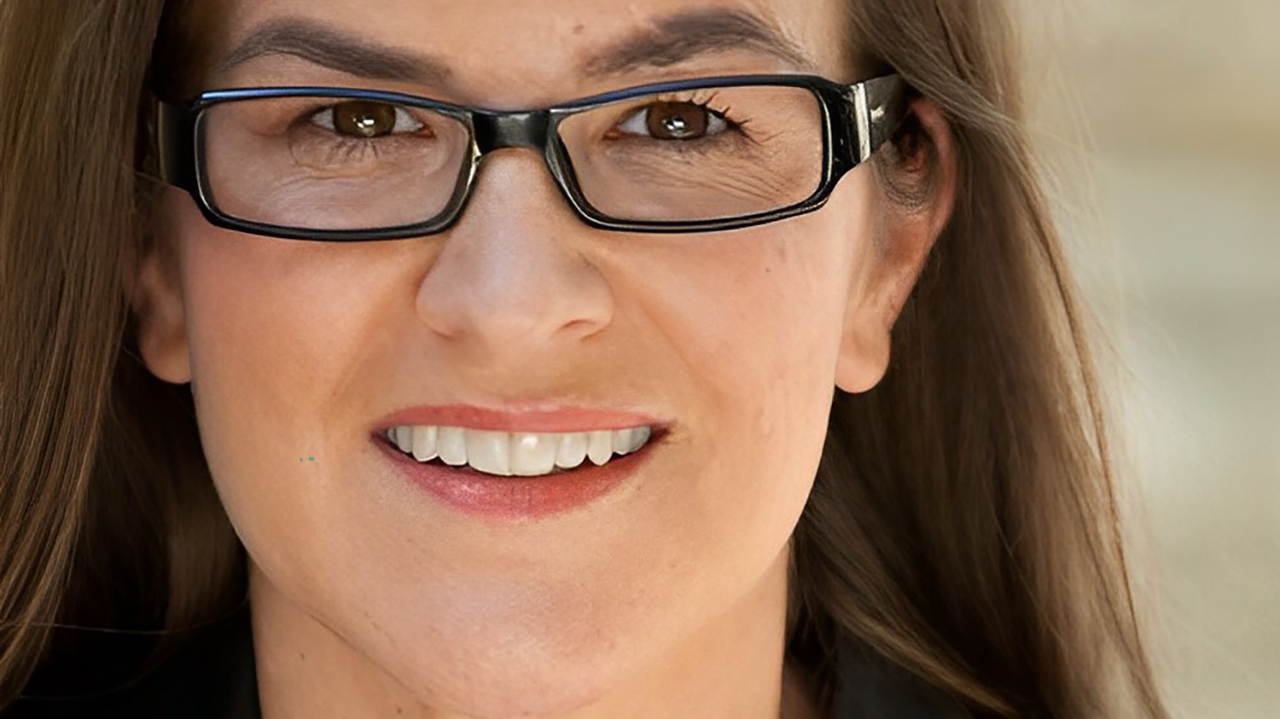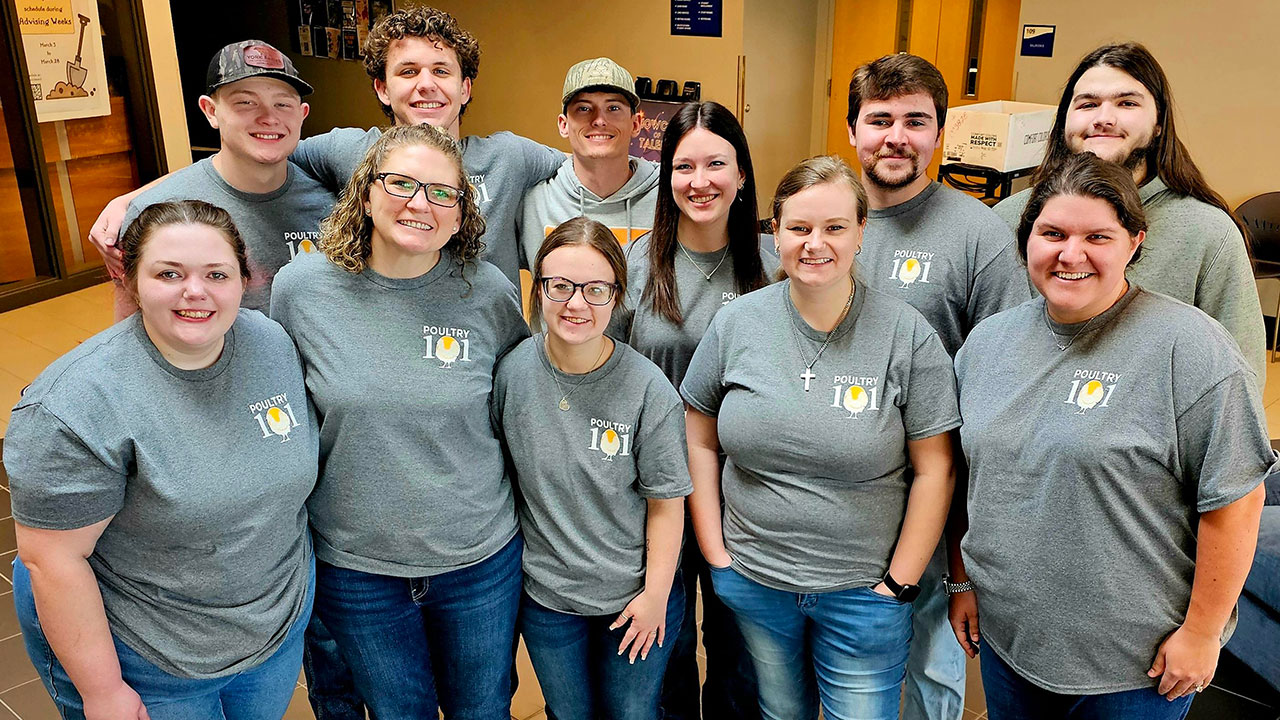Students and faculty get into groove of remote learning
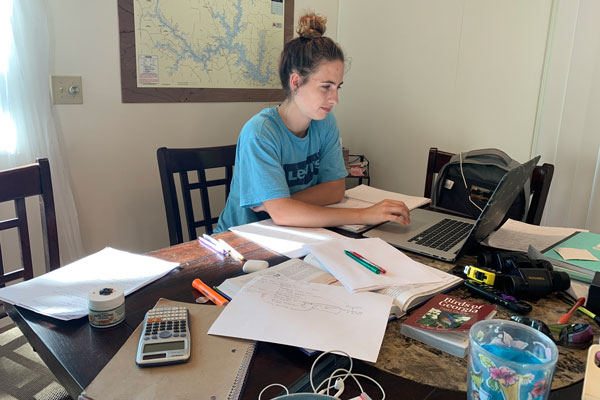
Article By: Staff
After two weeks without classes, University of North Georgia (UNG) student Taylor Malasek prepared to jump back into her school routine, only online. But things didn't go as intended.
"I woke up at 8 a.m. and planned to log in for class at my normal time, but I fell back asleep," said the junior pursuing a degree in biology. "I had no motivation since I didn't have to attend class in person."
Malasek and thousands of other UNG students had to adjust to learning online as instruction resumed March 30, following a longer than anticipated spring break. The University System of Georgia (USG) suspended instruction for two weeks, beginning March 16, to allow faculty and staff to transition courses to the digital world because of the coronavirus (COVID-19) pandemic. For UNG students, the two-week period included their previously scheduled spring break. Remote instruction will continue online for the remainder of spring semester and continue through summer semester. The USG plans for all schools to return to normal operations in fall 2020 assuming health conditions allow for it.
To help students, faculty and staff transition to learning and working remotely, UNG has developed the UNG Remote Life website. One page includes tips such as maintain a work space, develop a schedule and incorporate exercise.
Malasek is following several of them. She turned the kitchen table at her family's lake house in Eatonton, Georgia, into her work space. Her laptop, notes, pens and paper are sprawled across it.
"My chair faces the kitchen, not the window," she said. "That way I am not distracted and can stay focused."
Malasek now also sticks to a schedule that mirrors her on-campus routine. For example, she logs into eLearning@UNG (D2L) for her elementary statistics class on Mondays, Wednesday and Fridays. She follows suit with her biochemistry class on Tuesdays and Thursdays.
"I take notes in my first class of the day, then I move on to my next class," said the 21-year-old from Peachtree City, Georgia.
She also meets with her statistics classmates and soccer teammates online through GroupMe. She continues to interact with her lab partner, friends and teammates through text and email, and she connects with her professors via email daily.
As a member of the UNG women's soccer team, she is required to work out three days a week and run twice a week. Her brother, a freshman at Georgia College in Milledgeville, provides her extra motivation.
"He went for a mile run and came back and told me his time," she said, adding that her family is sheltering in place at the lake house. "And I think 'I have to beat that.' So I will go running. It's like a competition."
Though UNG instruction and student services have resumed, most faculty and staff are working remotely, in accordance with current state guidance. Faculty and staff continue to serve students and support their departments through virtual meetings, by phone or by email.
Dr. Allison Bailey, associate professor of environmental studies with the Lewis F. Rogers Institute for Environmental & Spatial Analysis, maintains a daily routine, which begins with coffee, breakfast and preparing for the day. Bailey then follows a strict schedule of checking D2L—the university’s distance learning platform — to help with any issues, answering emails, joining meetings, and maintaining online office hours for students. Regarding her assignments and classwork for students, though, she said flexibility is key.
Bailey explained one student who lives out of state is now caring for her younger siblings because her parents are sick. Nontraditional students and her fellow faculty members are trying to complete their own work while teaching their young children at home. Or some families may share one computer.
"As an instructor I have to be compassionate and understanding … if the student reaches out and engages with me, I will do what I can to help them complete course content successfully," she said.
But Bailey also knows self-care is important for her mental, physical and emotional health. Part of her routine includes walking her dog, and sharing pet stories has helped her connect with students.
"During this time of social distancing, we are trying to maintain those connections at UNG and across the country," she said.
